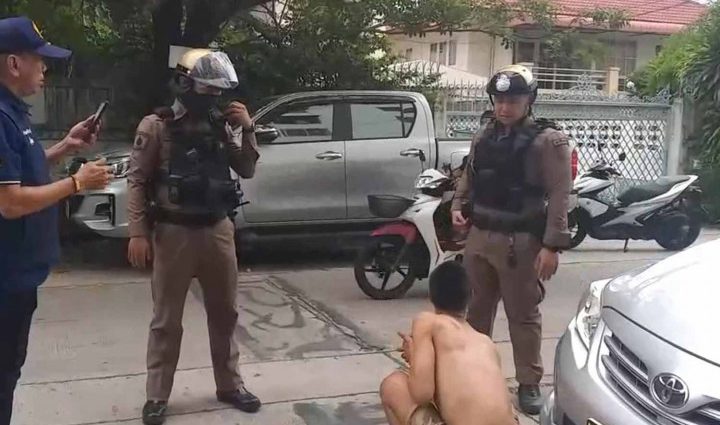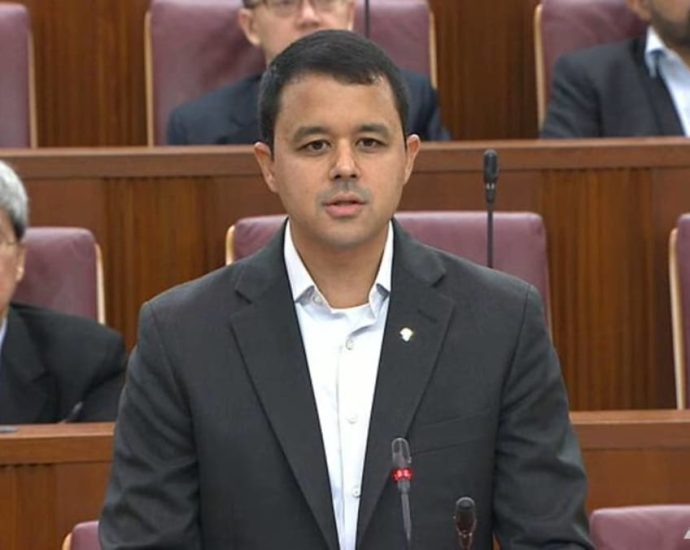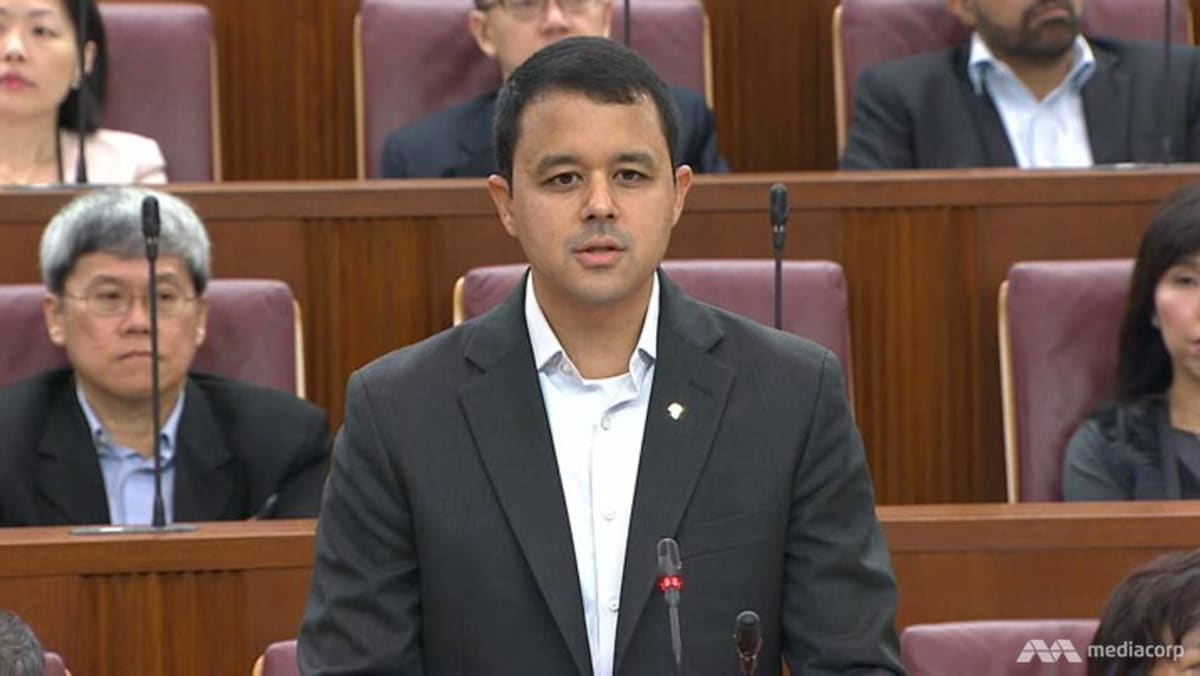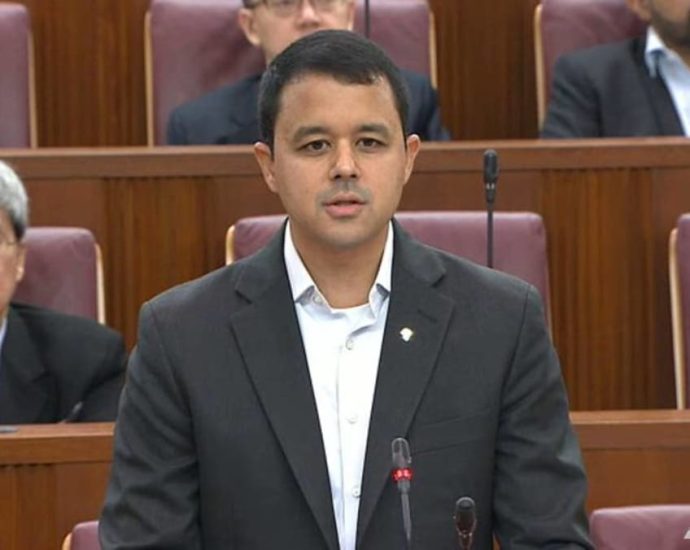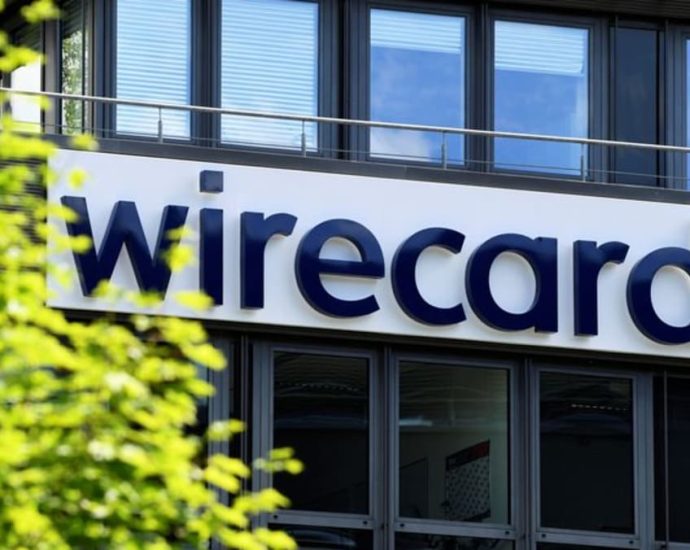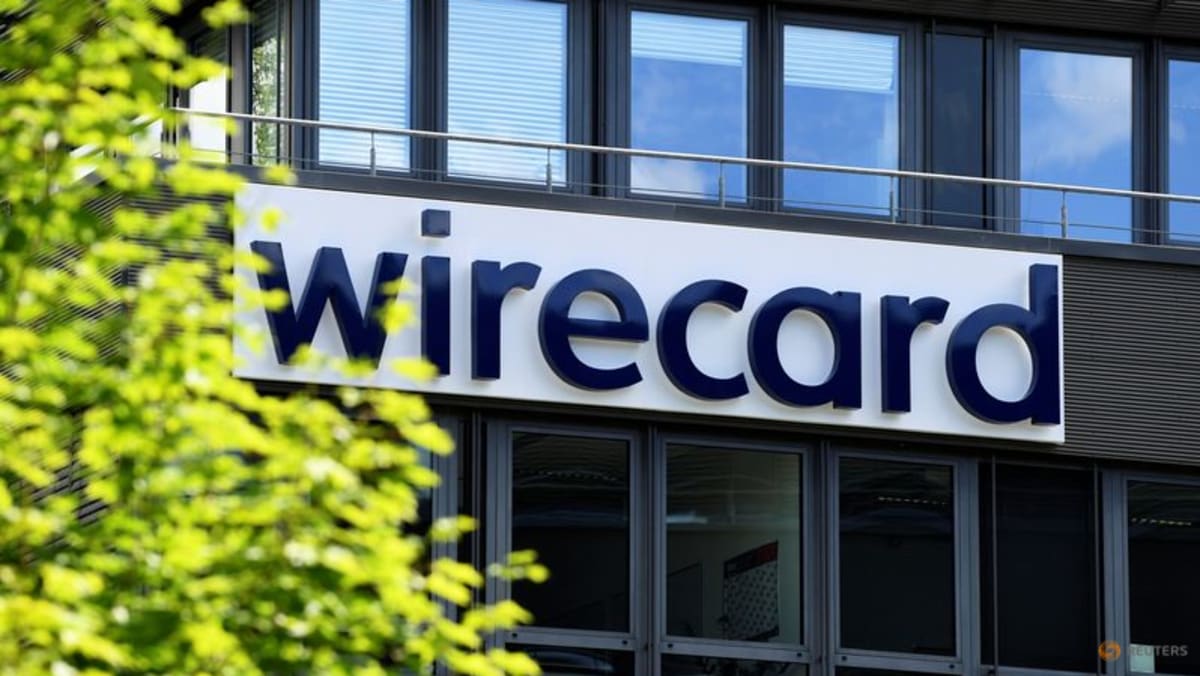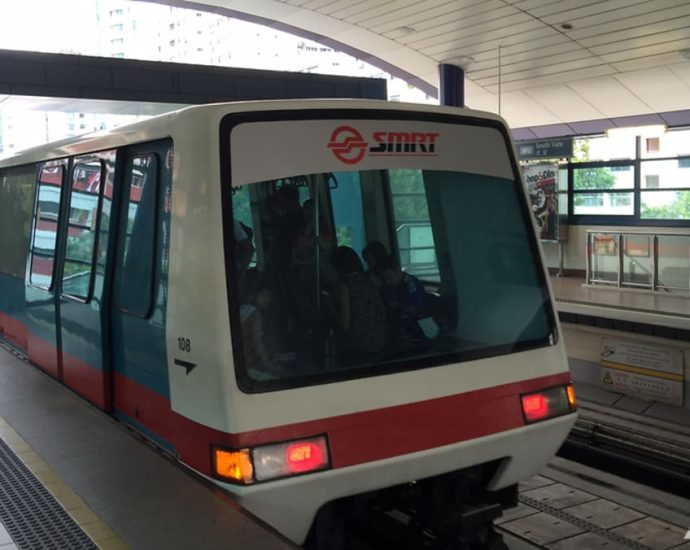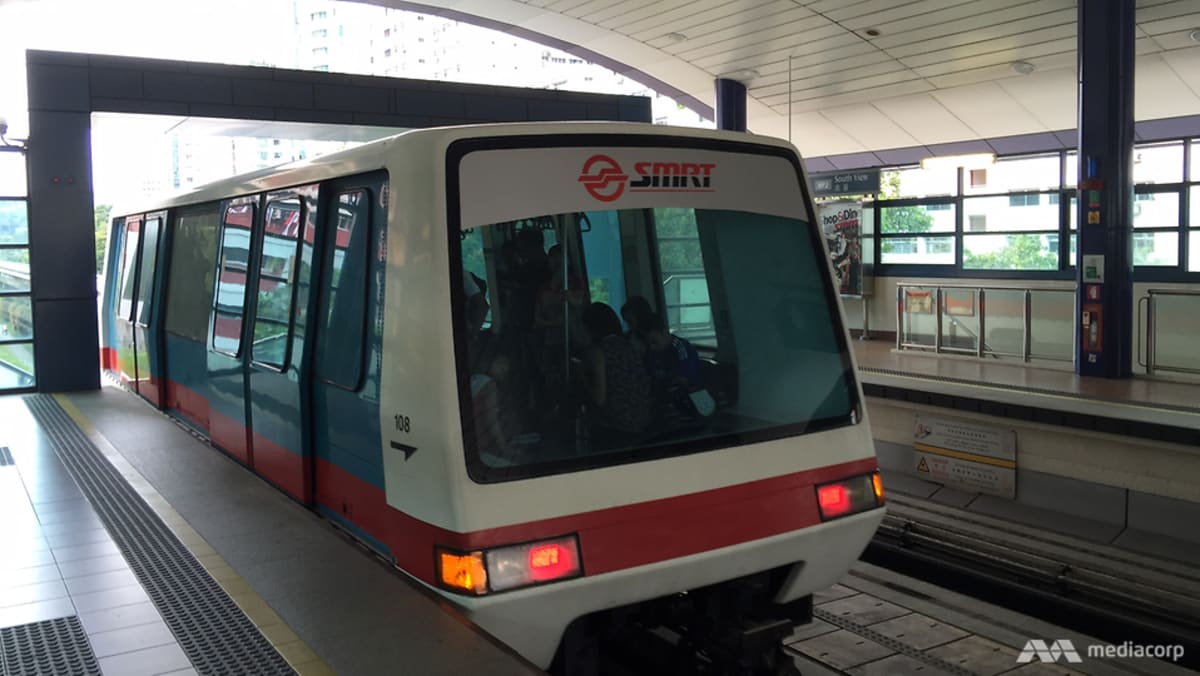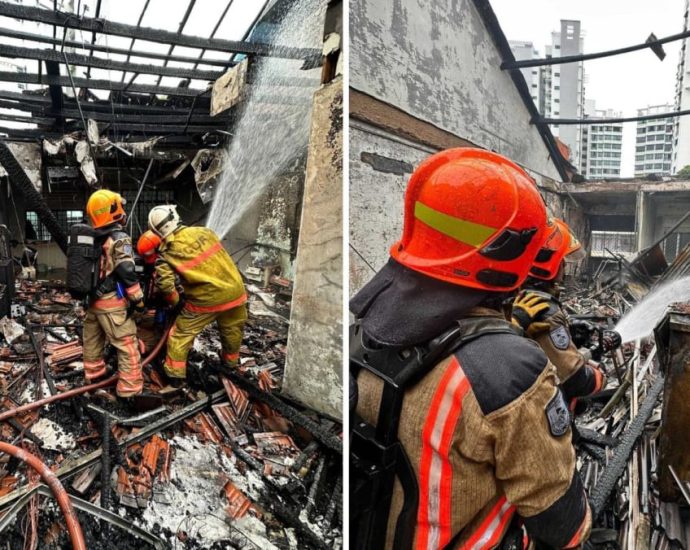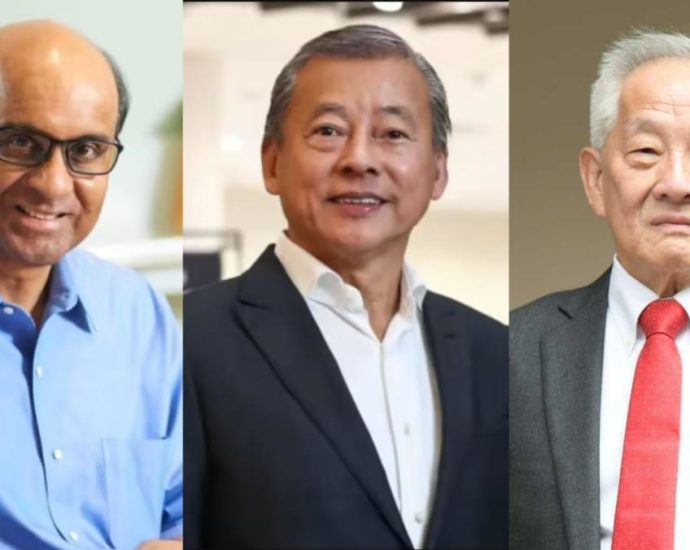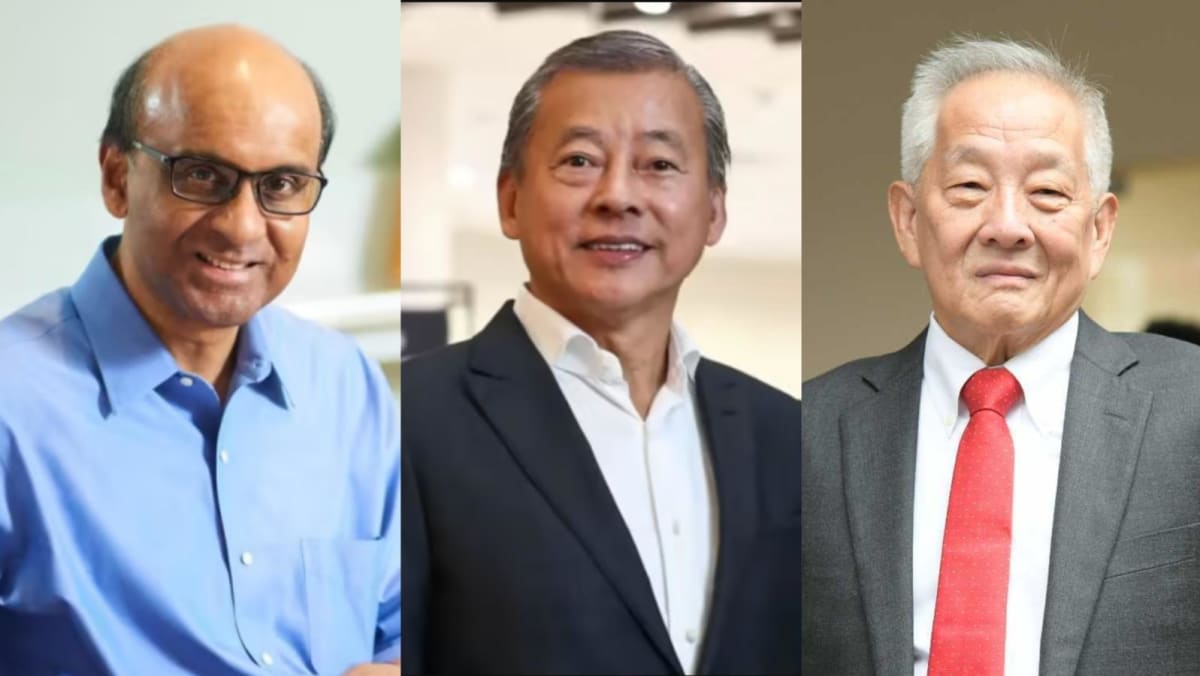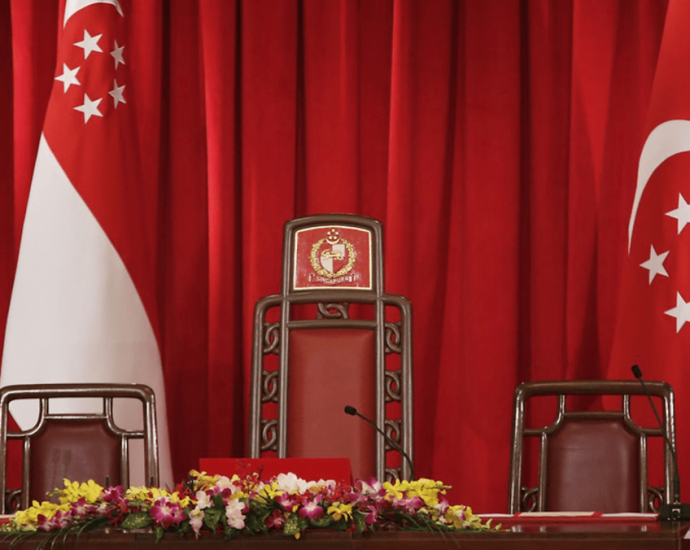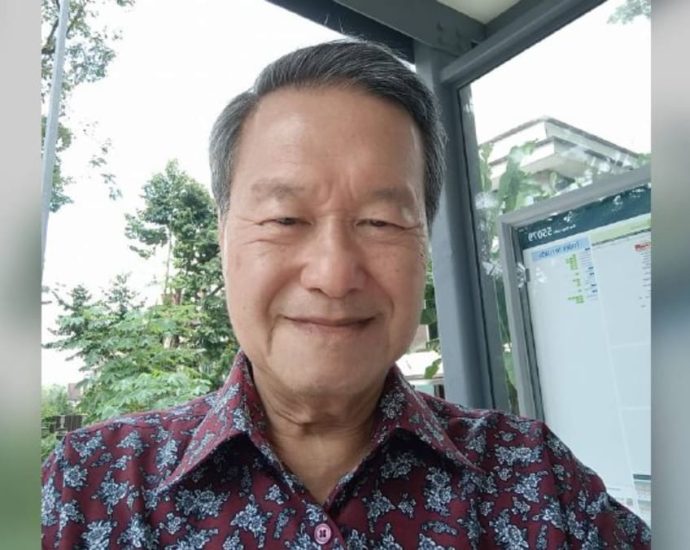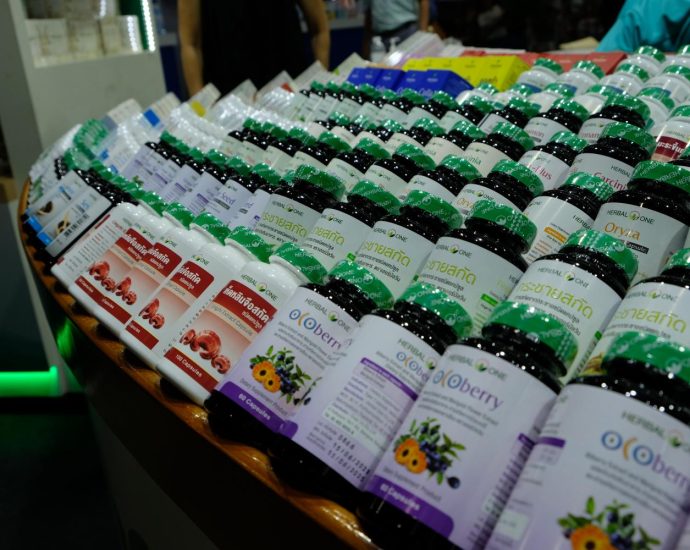Woman brutally slain and mutilated
PUBLISHED : 31 Jul 2023 at 13:18

SAMUT PRAKAN: A 23-year-old man has been arrested after a woman neighbour was beaten to death by a man wielding two hammers and then sexually mutilated with a knife.
Police detained Khajondet Jampathong on Sunday while he was seated in front of Charoenchai Condo 2 building on Soi Sri Boonruang 2 Road in tambon Thepharak of Muang district.
A 59-year-old woman who lived in a neighbourig flat, Jitra Chantharunai, was dead at the scene. She had been savagely attacked about 11.30am.
Police pieced the story together from a surveillance camera recording that showed part of the attack and witness accounts. They said Jitra was a municipal street cleaner. On Sunday she had been at a drinking party with other neighbours at a local grocery store before walking to Mr Khajondet’s room.
The two had talked and then argued for a while, and then she fell to the ground. A man approached her and hit her on the head repeatedly with two hammers. He then dragged her to an empty parking space, took off her trousers and used a knife to cut out her genitals, which he laid beside the body.
The killer then he stood up and stared at the body. Police reached the scene shortly after. At the scene, police found a 25-centimetre-long kitchen knife, a claw hammer with a broken handle and a sledge hammer.
Village headman Chamlong Phumphan said the suspect, Mr Khajondet, had finished his air force service as a private a month ago. The man had returned and stayed with his father in the same building. He often talked to himself.
Mr Chamlong also said the slain woman was drunk when the two argued.
Her son Damrongsak Sakaew was in shock. He said his mother had never had any dispute with her killer.

